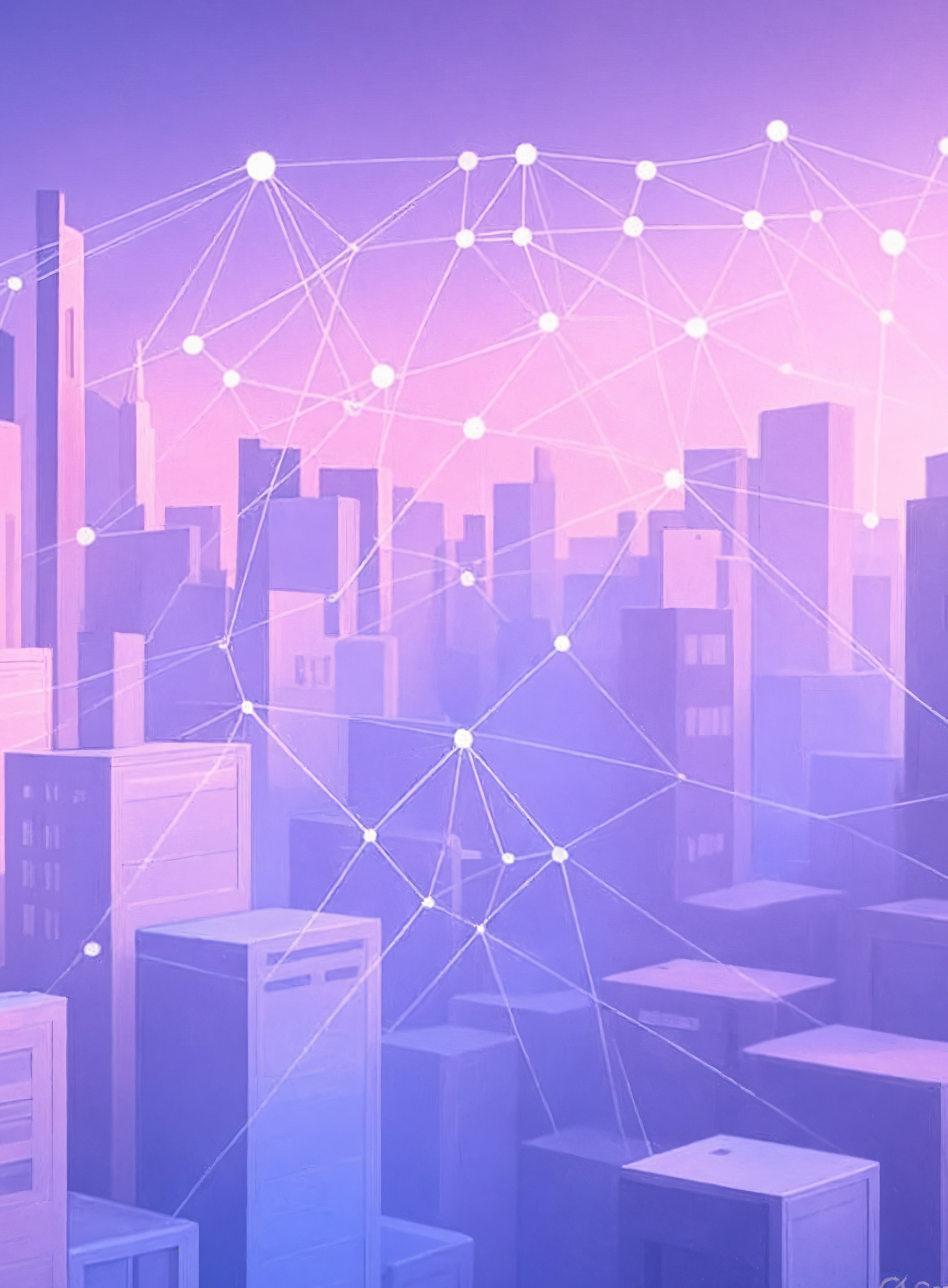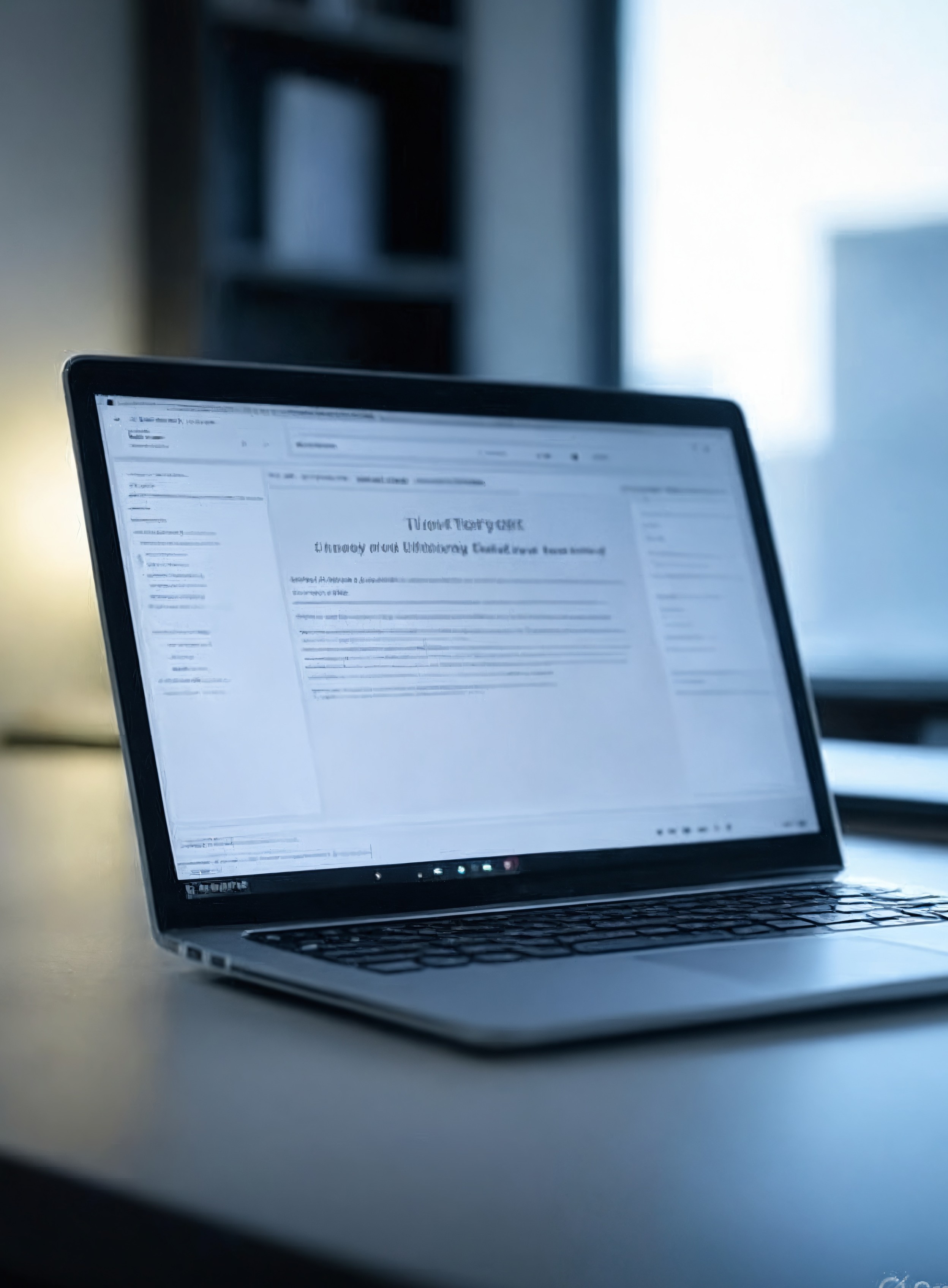
AI Agents Rise Amid Cybersecurity Cracks
Progress in technology often reveals hidden fragilities. Consider the quiet testing of a new AI agent that promises to reshape how we work, set against the collapse of a century-old business undone by a single weak password. These stories highlight a deeper pattern: as artificial intelligence advances, the foundations of security must keep pace, or innovation risks becoming its own undoing.
The Dawn of Advanced AI Agents
OpenAI's latest project, GPT-Alpha, marks a subtle but profound shift in artificial intelligence. Built on a specialized version of GPT-5, this agent isn't just another language model. It integrates advanced reasoning with practical tools, allowing it to browse the web for real-time data, generate and edit images, write and debug code, and handle documents like spreadsheets and slides. This isn't incremental improvement; it's a rethinking of what AI can do.
Think about the evolution from earlier models. GPT-3 handled text generation well, but it struggled with context and accuracy. GPT-4 improved on reasoning, yet hallucinations—those plausible but false outputs—persisted. GPT-Alpha addresses these by combining multi-modal capabilities, meaning it processes text, images, and more in unison. Internal tests show it excelling in tasks like coding simple games or designing websites, hinting at a future where AI acts as a true collaborator rather than a mere tool.
What drives this? A push toward unifying models into a single, powerful system. OpenAI's roadmap suggests blending their GPT and o-series into something more cohesive. The o3-alpha precursor already demonstrates leaps in coding efficiency, reducing errors and speeding up development. For businesses, this means automating complex workflows that once required teams of experts.
Yet, access won't be universal. High computational costs mean GPT-Alpha will likely roll out first to paid users, reflecting a broader trend in AI monetization. Companies like Microsoft, integrating these features into Azure, stand to benefit, embedding advanced AI into enterprise clouds.
Lessons from a Password's Fatal Flaw
Contrast this forward momentum with a stark reminder of vulnerability. KNP Logistics Group, a transport firm with 158 years of history, crumbled because of one compromised password. Starting as Knights of Old, it grew a fleet of 500 trucks and adapted through decades of change. But in the digital era, adaptation faltered. A single weak password opened the door to a breach that led to the company's closure.
This isn't an isolated incident. Recent reports, like the Picus Blue Report 2025, show password cracking incidents nearly doubling, from 25% to 46% of environments affected. The average data breach now costs millions, with logistics firms particularly at risk due to their role in supply chains. Cybercriminals target these weak points, exploiting outdated security in legacy operations.
Why does this happen? Many established businesses prioritize growth over security investments. They rely on passwords without multi-factor authentication or continuous monitoring. Experts point to zero-trust models as a solution—assuming no user or device is inherently safe, and verifying everything. Employee training and AI-driven anomaly detection could prevent such lapses, yet adoption lags.
The KNP story underscores a timeless principle: longevity doesn't guarantee resilience. In a connected world, one oversight can erase generations of progress. It's a call to rethink security not as an add-on, but as integral to operations.
Intersecting Worlds: AI Innovation Meets Security Risks
These developments don't exist in isolation. GPT-Alpha's capabilities, like web browsing and code generation, introduce new security considerations. An AI that interacts with real-time data could inadvertently access sensitive information or be manipulated into spreading misinformation. As agents become more autonomous, the risks of misuse grow—imagine a hacked AI agent deploying ransomware or forging documents.
Industry trends amplify this. The AI market is booming, with enterprise spending projected to hit $200 billion by 2027. But cybersecurity lags, as seen in rising password breaches. Competitors like Anthropic and Google DeepMind are advancing similar agents, intensifying the race while highlighting shared vulnerabilities. Ethical frameworks must evolve; without them, powerful tools could exacerbate biases or privacy invasions.
Experts warn that computational demands for models like GPT-Alpha require robust infrastructure, which itself becomes a target. The KNP breach shows how even non-tech firms suffer from digital weaknesses. For AI-driven companies, the lesson is clear: build security into the core, not as an afterthought.
Looking Ahead: Predictions and Recommendations
What comes next? GPT-Alpha could lay the groundwork for AI assistants that transform education, research, and media. Picture an agent that not only answers queries but anticipates needs, pulling from live data to solve problems in real time. Yet, this potential hinges on addressing risks. Future iterations might incorporate built-in ethical safeguards, reducing hallucinations and ensuring factual accuracy.
On the security front, expect a surge in passwordless authentication—biometrics, hardware keys, and behavioral analysis. Companies like Okta and Microsoft are leading here, offering tools that make breaches harder. For businesses, the recommendation is straightforward: adopt zero-trust, invest in AI for threat detection, and train teams relentlessly. Regulatory pressures will likely increase, mandating standards for critical sectors.
The broader implication? Technology's advance demands balanced progress. AI agents like GPT-Alpha promise efficiency, but without strong security, they invite chaos. Firms that integrate both will thrive; those that don't risk joining KNP in history's footnotes.
Key Takeaways for a Resilient Future
Innovation in AI, exemplified by GPT-Alpha, opens doors to unprecedented capabilities in reasoning and multi-modal tasks. Yet, the KNP Logistics collapse reminds us that weak links, like poor passwords, can topple empires. Prioritize cybersecurity as foundational, not optional. Embrace emerging trends like passwordless systems and ethical AI design. In the end, true progress comes from building systems that are as secure as they are smart.
Comments
Read more

Brazil's WhatsApp Banking Trojan Surge Exposed
Uncover the Water Saci threat using AI and NFC fraud to target Brazilian users, with expert analysis on evolving cyber risks and defenses.

OpenAI Fights NYT on Chat Privacy Overreach
Exploring OpenAI's battle against a court order exposing 20 million user chats, weighing privacy against journalistic needs in AI's evolving landscape.

Instant Text to PDF: Privacy and Efficiency Redefined
Explore how new tools convert text to PDF instantly while prioritizing privacy, AI integration, and seamless workflows in a data-conscious world.